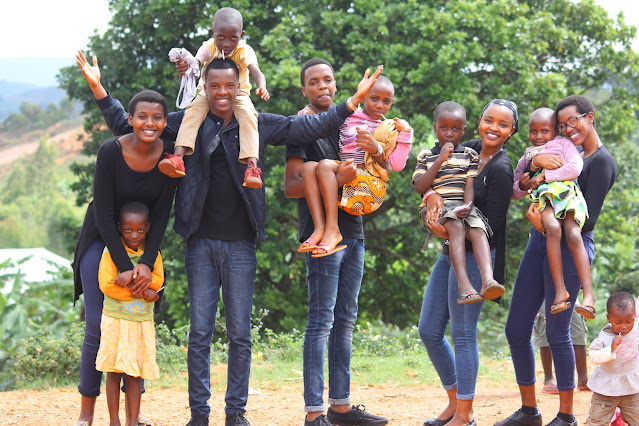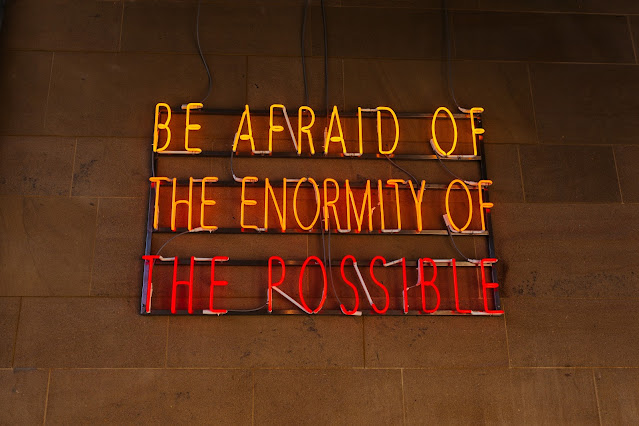Twelve Lessons For African Youth

Africa stands at a pivotal moment in its journey. With the largest youth population globally, the potential for transformative change is boundless.
Lessons for African Youth: Cyberbullying Awareness and Mental Health Support

Cyberbullying awareness and mental health support are essential aspects of navigating the digital age with resilience and compassion.
Lessons for African Youth: Drug Avoidance and Violence Prevention

Africa, like the rest of the world, faces challenges related to drug abuse and its associated harms. Young Africans must recognize the perils of drug addiction
Lessons for African Youth: Leadership and Responsibility

Leadership is not about titles or positions; it is about influence, impact, and responsibility. Africa is in need of visionary leaders
Lessons for African Youth: Resilience and Adaptability

Africa’s youth face a multitude of challenges, from economic instability and political unrest to climate-related disasters and health crises.
Lessons for African Youth: Financial Literacy

Financial literacy is a skill that empowers individuals to make informed decisions about their money, and it is the eighth lesson for young African youth.
Lessons for African Youth: Gender Equality

Gender equality is a fundamental human right, and the seventh lesson for young African youth is a call to champion this cause.
Lessons for African Youth: Environmental Stewardship

Africa’s breathtaking natural beauty, from its majestic mountains to its lush rainforests and pristine coastlines, is a source of wonder and pride
Lessons for African Youth: Entrepreneurship and Innovation

The ability to innovate and create is a priceless asset. The fifth lesson for young African youth is a call to embrace entrepreneurship and innovation
Lessons for African Youth: Critical Thinking Matters

Critical thinking is a mental toolkit that every young African should sharpen.It is the ability to analyze, evaluate, and synthesize information

